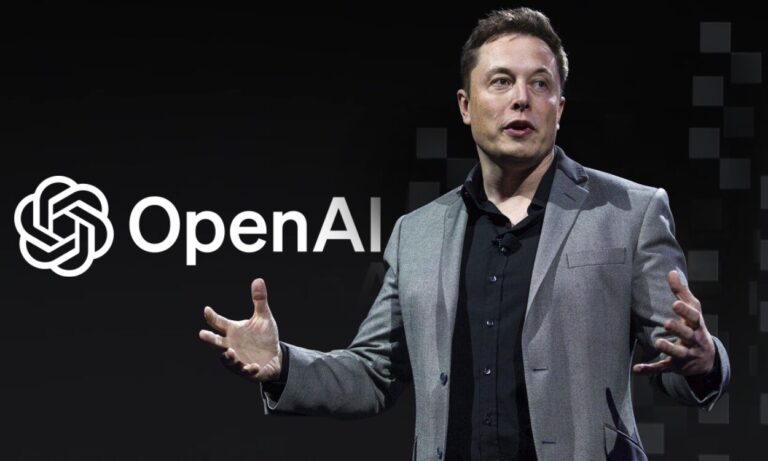

The introduction of SWE-agent as an open-source tool could potentially disrupt the current landscape of AI-driven software engineering tools, including those like Devin. Being open-source, SWE-agent offers several advantages that can appeal to a wider community of developers and researchers. First, it allows for rapid iteration and improvement by the global developer community, which can lead to faster advancements and the incorporation of diverse ideas and techniques. This collaborative development model can significantly enhance the tool's capabilities and adaptability.
Additionally, open-source tools often benefit from higher levels of transparency and trust, as their codebase is accessible for audit and review, ensuring any security or privacy concerns can be directly addressed. While Devin offers remarkable features and has shown impressive performance, the open-source nature of SWE-agent could lead to a broader adoption and innovation rate, potentially challenging the position of proprietary tools in the market. In essence, the open-source model democratizes the development and use of AI in software engineering, potentially leading to more robust, efficient, and user-friendly tools that can keep pace with the rapid evolution of technology demands.
Overview
SWE-agent is not just another tool; it represents a significant leap in the application of AI in software engineering. By turning LMs into software engineering agents, it has demonstrated the ability to resolve 12.29% of issues on the full SWE-bench test set, marking a state-of-the-art performance milestone.
The Agent-Computer Interface (ACI)
The success of SWE-agent is attributed to its Agent-Computer Interface (ACI), a design principle that simplifies the interaction between the LM and the software’s codebase. ACI enables the LM to efficiently browse through repositories, view, edit, and execute code files, thereby facilitating more accurate issue resolutions.
Key features of ACI include:
- Linting Capabilities: Prevents code edits that introduce syntactical errors.
- Specialized File Viewer: Optimizes code file display for LMs, improving code analysis efficiency.
- Full-Directory String Searching: Enhances the agent’s ability to locate relevant code snippets across the entire codebase.
The ACI’s design is pivotal for the LM’s performance, as proven by SWE-agent’s superior results compared to baseline agents lacking a well-tuned ACI.
Installation and Setup
Getting started with SWE-agent is straightforward. It requires Docker and Miniconda installations, following which the SWE-agent environment can be created and activated. A detailed setup guide is available on the project’s GitHub page, ensuring users can quickly get the system up and running.
Usage
SWE-agent’s pipeline comprises two main steps: inference and evaluation. During inference, the agent takes a GitHub issue as input and attempts to resolve it by generating a pull request. In the evaluation phase, the efficacy of the proposed fix is assessed. This process is currently optimized for issues listed in the SWE-bench benchmark, with plans to extend its applicability further.
Contribution and Community
The project is open for contributions and encourages the community to participate in its development through GitHub issues and pull requests. A Discord community is also available for discussions, questions, and updates on upcoming features.
Licensing
SWE-agent is made available under the MIT license, allowing for wide adoption and modification by the community.
The Future of AI in Software Engineering
SWE-agent stands at the forefront of integrating AI into software engineering processes. With its innovative ACI design and the collaborative effort of its contributors, it promises to streamline bug fixing and issue resolution in software development, making it a valuable asset for developers and organizations alike.
For more information, access to the codebase, and detailed setup instructions, visit the SWE-agent GitHub page.
References
- SWE-agent GitHub Repository: https://github.com/princeton-nlp/SWE-agent
- Princeton NLP Group: https://nlp.princeton.edu/
This development marks a significant step towards the future of software engineering, where AI-driven tools like SWE-agent not only augment the capabilities of developers but also pave the way for more efficient and reliable software development processes.


